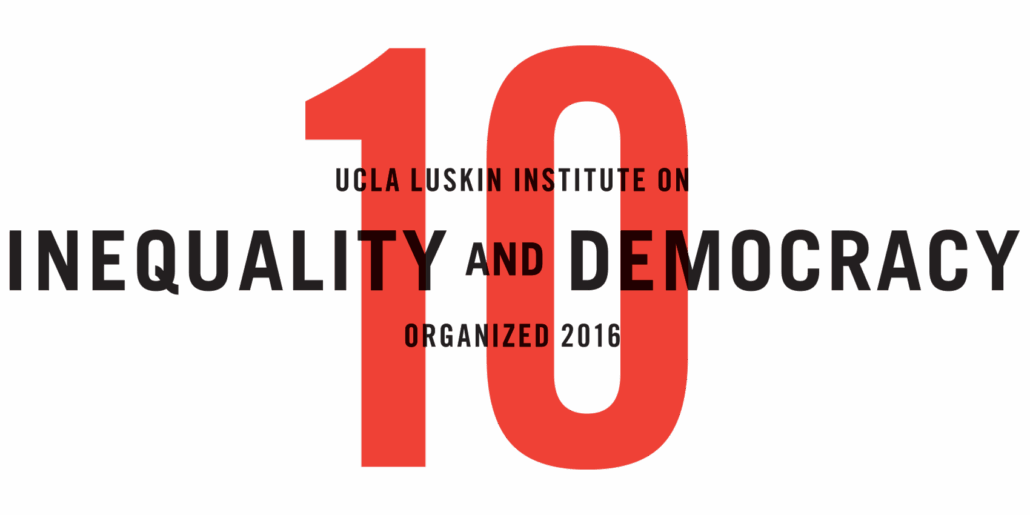The Aquí y Allá mural, located in South Philadelphia, chronicles stories of immigration.
Mural credit: Michelle Angela Ortiz in collaboration with youth | Image credit: Amada Armenta
Immigration and Legal Attitudes: Examining Puebla and Philadelphia
Amada Armenta, Urban Planning, UCLA
Although popular narratives portray undocumented immigrants as living “in the shadows,” they are also woven into the fabric of American society. They represent millions of families, an important segment in the labor market, and they have contact with a wide range of institutions and bureaucracies including churches, hospitals and clinics, schools, and police.
This research project examines how undocumented Mexican immigrants living in Philadelphia understand and make decisions about laws and legal contact in their every day lives. Professor Armenta seeks to move beyond monolithic accounts of immigrants’ fear of deportation, to examine the layered, complex, and ambiguous attitudes that immigrants have about the law across numerous legal domains. Legal attitudes are foundational to exercising civic and social membership in society. Legal attitudes are shaped by individual factors (age, race, gender, level of education, language skills, legal status), contextual factors (neighborhoods, social networks, access to civil society organizations), and experiences (work experiences, discrimination, and previous contact with legal authorities, among others). As such, legal attitudes affect one’s willingness to cooperate with the police, to claim rights, and to feel included as a member of society.
Professor Armenta will continue collecting data. She plans to conduct follow-up interviews with immigrant respondents, interview community stakeholders and local government bureaucrats, and add a sub-sample of non-migrant respondents from two sending towns in México.




